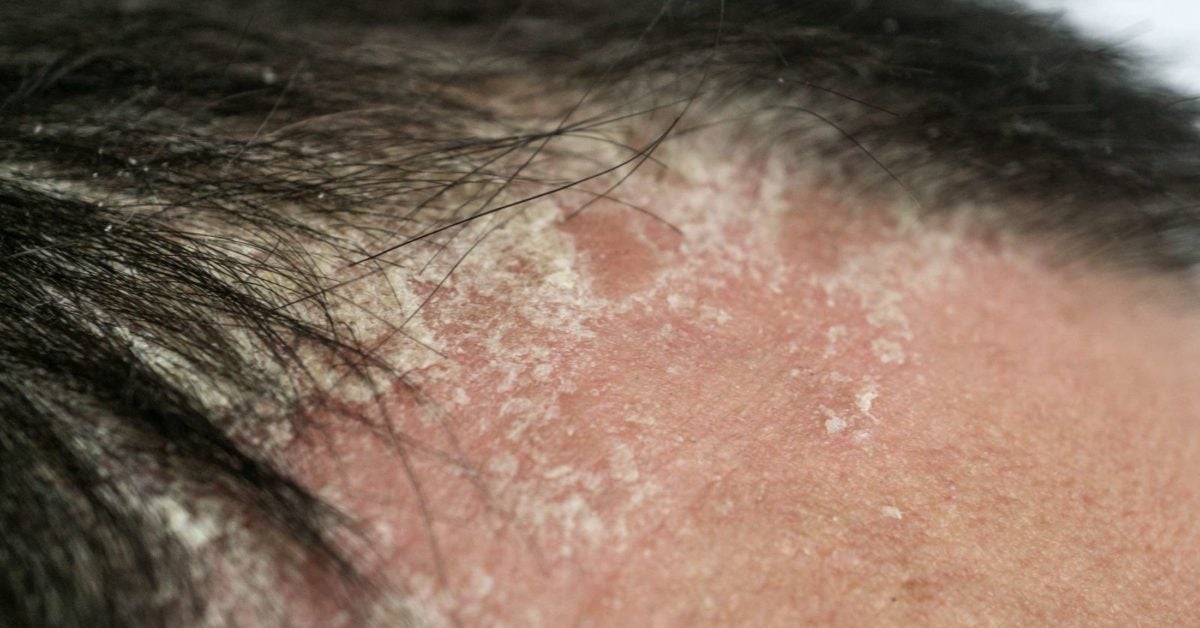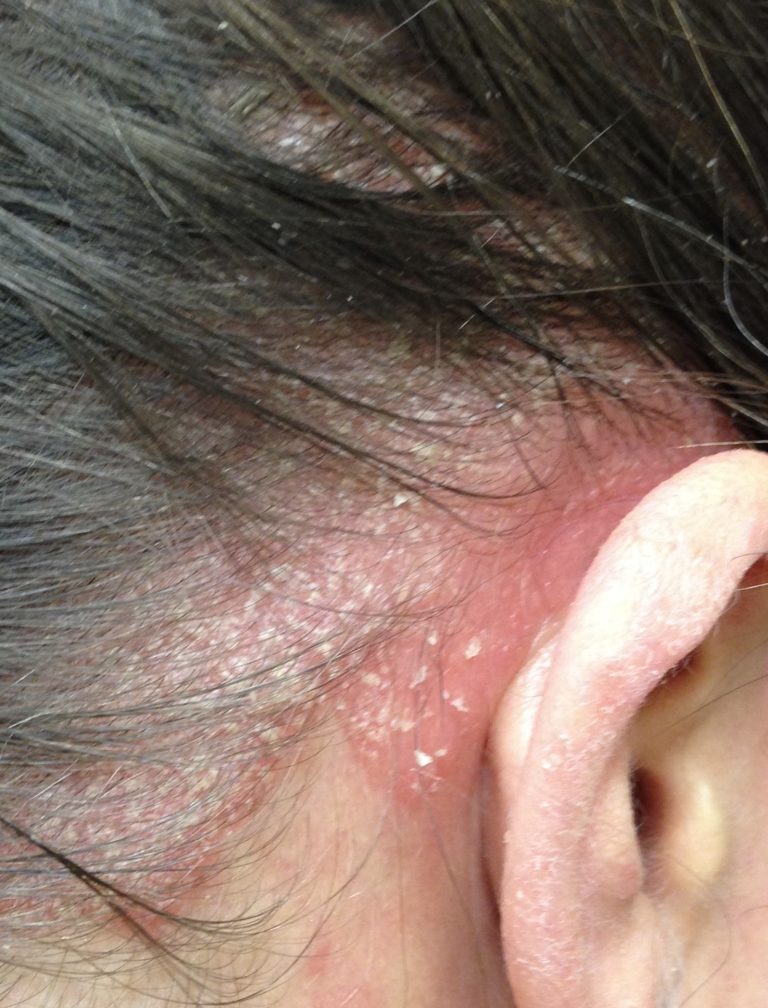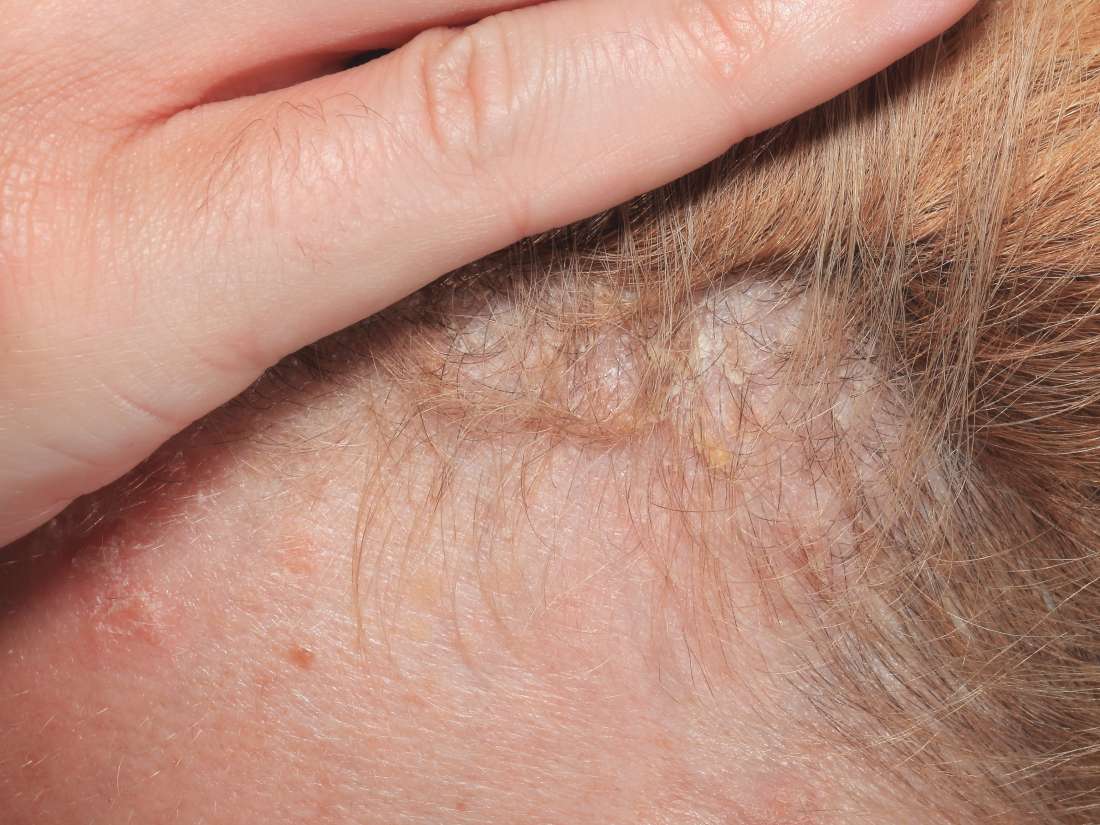Table Of Content

This can make treatment more effective and help reduce side effects. For example, creams can reduce itching and prevent scratching, and medications taken by mouth (orally) can lessen the scales and inflamed skin. People who did UV phototherapy and listened to meditation tapes did better than those who just did phototherapy, according to one small study. People with other skin conditions have had success with this. It’s helped them deal with stress and the emotional load that can come with skin issues. You may have to work every day to control the flakes, itch, and pain.
What are the symptoms of scalp psoriasis?
Corticosteroids can have side effects, like thinned skin, and because of this, you shouldn’t use them for long periods. They might also be inappropriate for people with certain medical conditions, like diabetes, and you shouldn’t use them in certain sensitive areas of the body. Cost and availability are also important practical factors to consider.
What Does Scalp Psoriasis Feel Like?
Some remedies can interact with other medications or cause skin irritation, which may worsen psoriasis. While biologic and biosimilar drugs block specific parts of the immune system, systemic medications can target it in its entirety. These may be oral or injectable medications, and a person usually takes or administers them at home. Common side effects include an increased risk of infection and flu-like symptoms.
How Does Psoriasis Affect Toenails, Fingernails, and More?
A person and their doctor should discuss the possible benefits and risks carefully. Psoriasis is an immune-mediated inflammatory condition that causes skin cells to build up, typically with injury to the skin. Read more about the differences between dandruff and scalp psoriasis. The causes of scalp psoriasis are similar to those of psoriasis on other parts of the body, but it can be more challenging to treat on the scalp.
An overgrowth of skin cells will be present in cases of scalp psoriasis. In dermatitis cases, there will be irritated skin and sometimes bacteria or fungi. With scalp psoriasis, you’ll notice itchy, flaky, silvery-red scales that may extend beyond the hairline. In dermatitis, scales are white or yellowish and accompanied by dandruff.
Dandruff causes small, dry or greasy flakes that may appear on the scalp. The affected skin may be discolored, itchy, and covered in fine scales. Dandruff can also occur around the eyebrows, nose, armpits, mid-chest, back, and groin. Coping with psoriasis can be a challenge, especially if the affected skin covers a large area of your body or is visible to other people. The ongoing, persistent nature of the disease and the treatment challenges only add to the burden. Which treatments you use depends on how severe the psoriasis is and how responsive it has been to previous treatment and self-care measures.

Scalp psoriasis: Diagnosis and treatment
Mineral oil-based Baker P&S solution or Derma-Smoothe FS scalp oil (a prescription corticosteroid) are two options. Put on either at night and cover with a shower cap to loosen scales. For thicker scales, salicylic acid shampoos can work well. You may have to try one for a few weeks and switch to another if it doesn’t work. Visible plaques and flaking make many members feel self-conscious, as psoriasis on the scalp is difficult to hide.
Gentle Hair Care

Treatment options include topical products, oral medications, phototherapy, an anti-inflammatory diet, and self-care. You may benefit from seeing a dermatologist experienced in treating scalp psoriasis. It’s important to differentiate between these conditions, as each requires different treatment options. While some treatments may work for multiple conditions, others may be specific to scalp psoriasis. Scalp psoriasis and seborrheic dermatitis of the scalp share some similar treatments, including medicated shampoos and corticosteroid lotions. Scalp psoriasis is often persistent and more difficult to treat than is seborrheic dermatitis of the scalp.
Scalp psoriasis: Best shampoos, gels and ointments - British GQ
Scalp psoriasis: Best shampoos, gels and ointments.
Posted: Fri, 12 Jan 2024 08:00:00 GMT [source]
Genital Psoriasis: Symptoms, Causes, and Treatments
Scalp psoriasis often requires a prescription medication in combination with OTC treatments. OTC treatments come in different forms, such as shampoos or solutions for the scalp. They can help moisturize and soothe the skin, remove scales, and relieve itching.
People with pustular or erythrodermic psoriasis usually need to start with stronger (systemic) medications. It can appear on the forehead as shown in the picture on this page. Sometimes, it extends to the back of the neck or appears behind the ears. By Adrienne DellwoDellwo was diagnosed with fibromyalgia in 2006 and has over 25 years of experience in health research and writing.
If you have scalp psoriasis, it may come and go throughout your life and there isn’t any way to completely prevent it. Following a healthy anti-inflammatory lifestyle can help make it less severe or less frequent, though. Treatments can reduce symptoms, even in people with severe scalp psoriasis. While home remedies are safe for most people, it’s a good idea to check with your healthcare provider before trying some of the following options.

















